Moby-Dick: Or, The Ambiguities
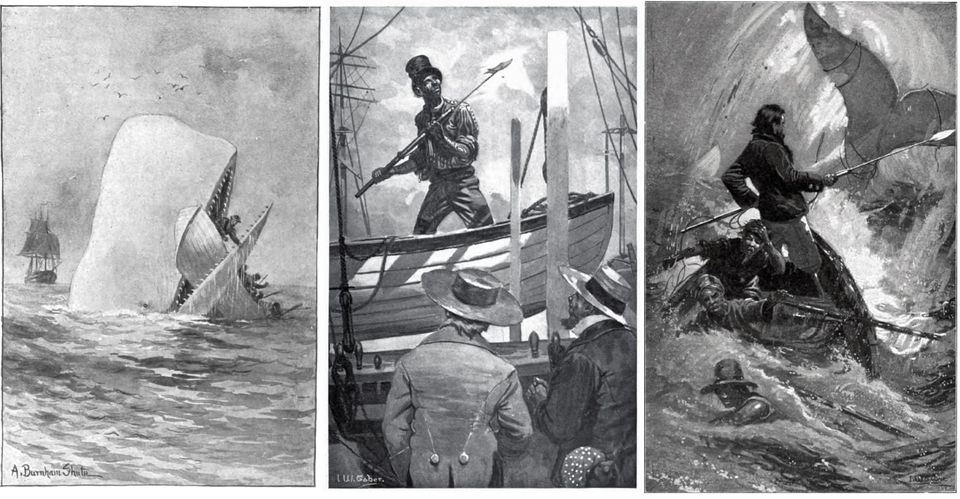
I got entrapped the other day. In our local Durham bookstore, The Regulator, a stylish Penguin copy of Moby-Dick was sitting on the shelf along with Aaron Sachs’ new dual biography of Herman Melville and Lewis Mumford entitled Up from the Depths.
I had never actually read Moby-Dick, despite having a faint itch in the back of the mind to do so for years. This seemed as good a time as any, and the Sachs biography helped unlock and clarify many of its themes. Melville’s magnum opus really exceeded all my expectations and then some; it really is as good as advertised—a legitimate masterpiece, and the closest an American writer has come (and maybe ever will) to the level of Shakespeare, Milton, or Homer.
There were many elements that surprised me: the humor, for one, as well as the contemporary feel. Despite being over 170 years old, it feels far more immediate and able to speak to the present day’s ills than virtually anything else from its era. Furthermore, the virtuosic prose is the perhaps the apex of American letters. Beyond that, though, are its bleak but poignant ruminations on technology, capitalism, and nature.
“Nature is nobody’s ally,” Melville wrote in one of his Battle-Pieces poems. No matter humanity’s power and ingenuity, no matter how frantic the pursuit for profit from its resources, no matter how powerful our technology to control, manipulate, and dominate, the White Whale will have the last word.
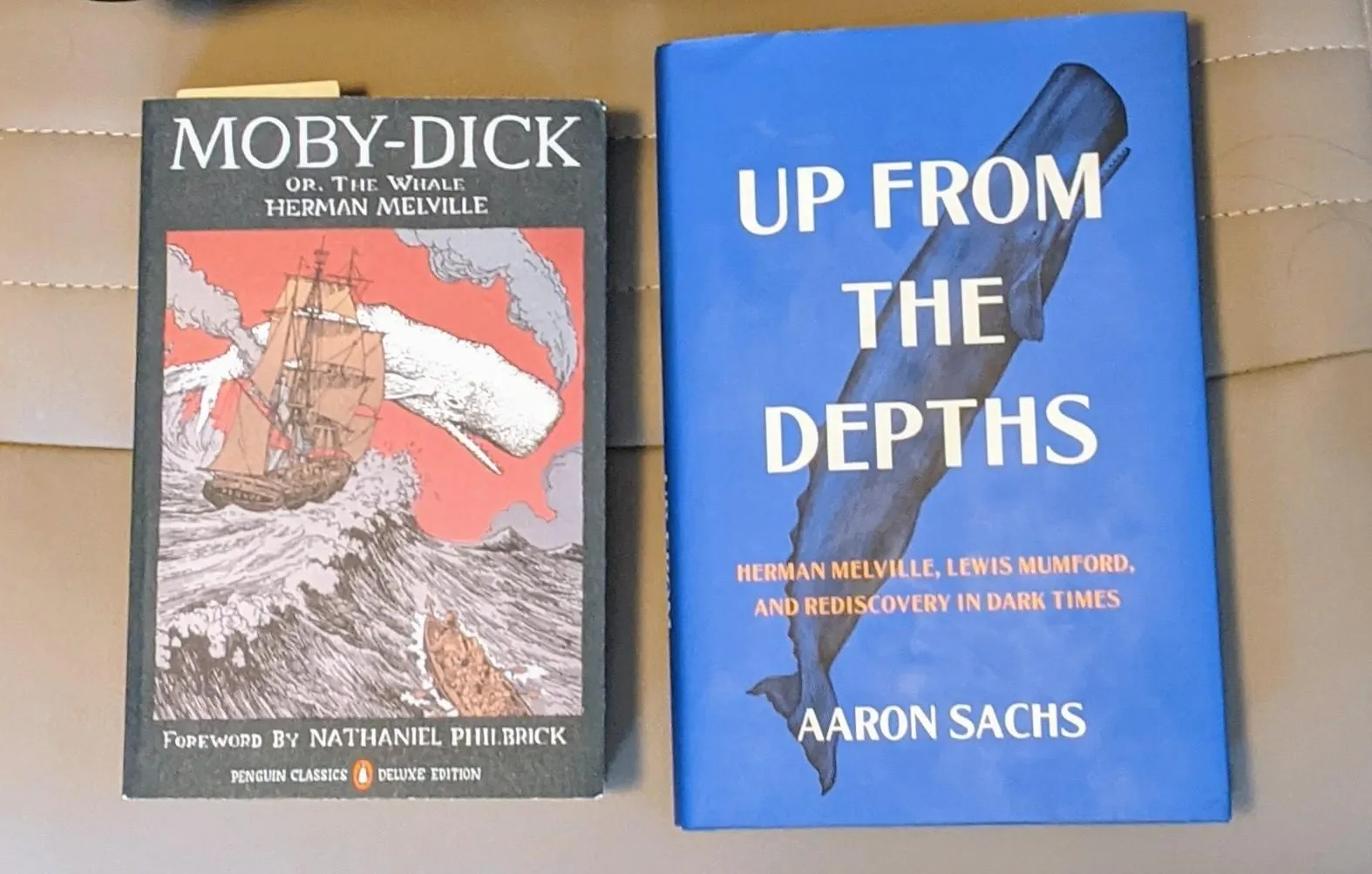
Moby-Dick's Death and Resurrection
Moby-Dick was not accepted in its time. Perhaps this shouldn’t be as surprising as it is, as so many great works were not appreciated during their creators’ lives. Kafka died without publishing anything but “Metamorphosis.” F. Scott Fitzgerald believed he was a failure at the end of his life, for The Great Gatsby was not a critical success and went out of print. Van Gogh died broke. Mozart achieved recognition, of course, but not in Salzburg, his home city that rejected him. “No prophet is accepted in his own country,” as Christ said.
He had some early success with Typee and Omoo, but as Melville’s books got darker and weirder, he found less positive reception. Moby-Dick, which he published in 1851, is legendary now, but at the time it was seen as a bizarre work and it harmed Melville’s career.
He continued to write, but after The Confidence-Man reviewers wondered if he was actually insane. Sachs chronicles that one newspaper headline read “Herman Melville Crazy.” He gave up prose after that and wrote poetry, which was also not well received, leading Melville to forfeit writing for a living and work as a customs inspector in New York. His last (and second greatest) work, Billy Budd, was left behind as an unpublished stack of papers in his office.
Why was Moby-Dick such a failure? It’s hard to know completely. Sachs argues that it was simply too weird, too structurally chaotic—with its endless digressions, its scientific ruminations, its repeated pausing of the story to dwell on whale taxonomy and anatomy, as well as its ecstatic soliloquys on the existence of God, free will, capitalism, and technology.
I was surprised how little the main narrative—Ishmael, Queequeg, and the rest on board the Pequod with Captain Ahab and his mad quest for revenge against Moby Dick for taking his leg—factors into the book.
Almost half of the middle portion of the novel is these collections of asides and various musings. It feels, at times, like reading the blog of a cetologist at sea. From time to time, something happens, but most of the weekly updates (and most of the chapters are very short) contain his thoughts on his study and on reality.
It is disjointed, fractured—it feels almost post-modern. There is a chapter that is written with only stage directions and dialogue. There are footnotes as though one were reading Nabokov or David Foster Wallace. There is weird, sometimes even out of place, humor—like when Ishmael speculates that a narwhal might have its immense tusk because “it would certainly be very convenient to him for a folder in reading pamphlets.”
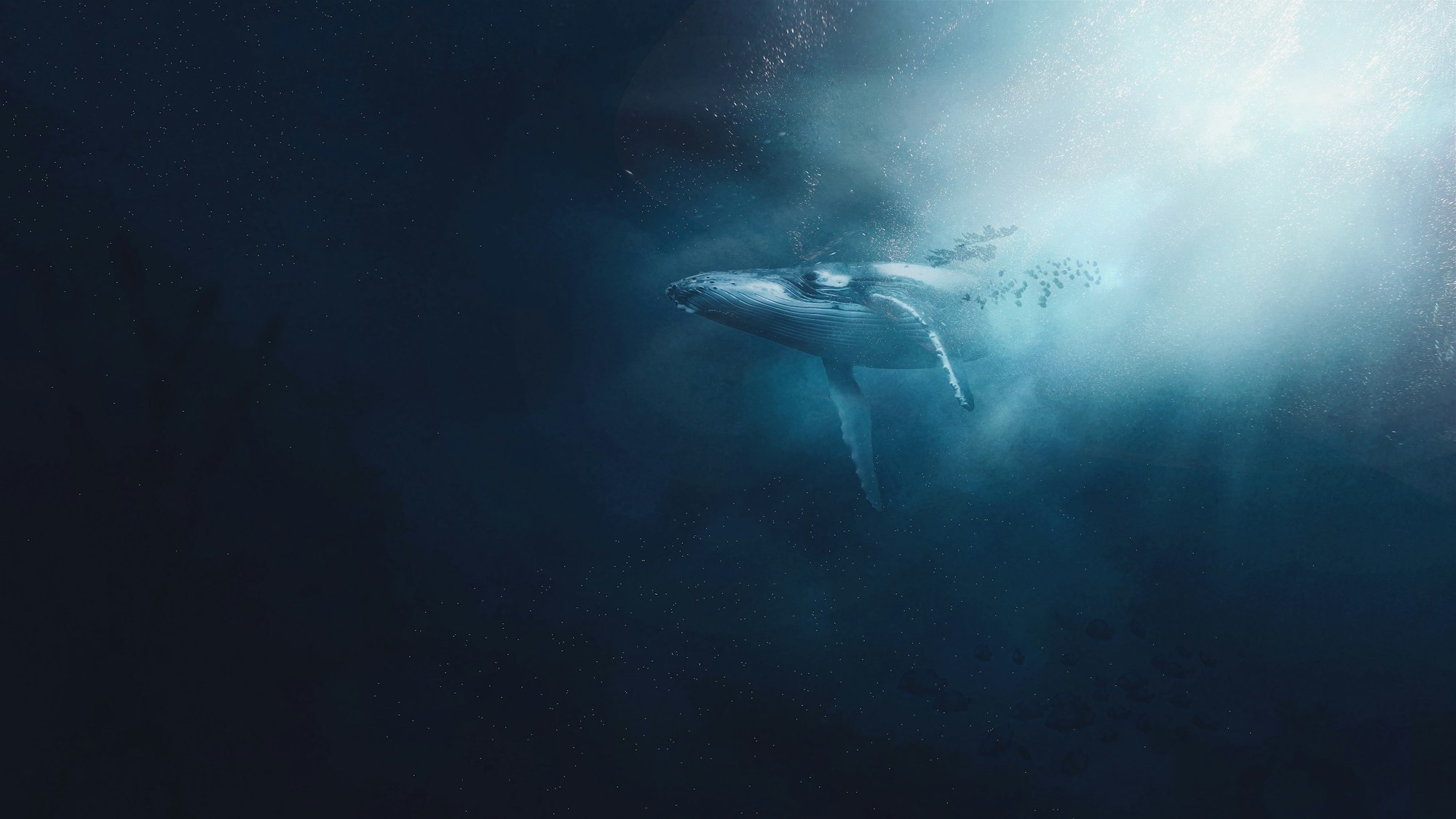
Moby-Dick was confusing to 19th century readers because of its blurred boundaries. “What could not be tolerated,” Sachs writes, “in the era of clear-cut, modern Progress, was any sort of hash or hedging, any monstrous hybridity, any confusion or ambiguity. It made no sense to interweave a weird, extravagant whaling narrative with a semester’s worth of cetology.”
Especially in the late 19th century, organization and categorization was all the rage. Think of all the modern creations of that era that we take for granted: standardized time zones, the Fannie Farmer cookbook (which standardized baking measurements), sentence diagrams (the bane of all elementary school students), department stores, and the Sears Roebuck catalogue. This urge to categorize—to taxonomize—made it into religion, too, with fundamentalist dispensationalism and all those strange charts of history split into seven epochs, as chronicled by Brendan Pietsch in his book Dispensational Modernism.
It's here where we see just how against the grain Moby-Dick was during Melville’s life. The infamous whale taxonomy chapter (“Cetology”—chapter 32) devotes much time to a demonstration of the futility of the field. Categorizing these “gentlemen,” as Ishmael calls the whales, is ultimately too fraught because nature resists the boundaries we impress on it.
The weirdness, the uncertainty, the blurred boundaries—the fractures—are ironically, though, what makes Moby-Dick so modern. As I wrote about in the post on science fiction and modernity, Bruno Latour was on to something—modernity is just as much chaotic fracturing as it is ironclad rigidity. Our boundaries always get blurred. Melville saw this.
It was fitting, then, that Melville was rediscovered during an age of fracture, breakdown, and disillusion.
The Ambiguity of Modern Morality
Lewis Mumford was one of the key figures behind the “Melville Revival” of the 1920s, following on the heels of World War I, a cataclysm that put the lie to myths of progress, advance, and modernity's moral superiority (worse than anything in the middle ages, Mumford thought). As explained by Sachs, Mumford wrote the second ever biography of Melville, and he was the first one to go to bat for everything he wrote after Moby-Dick—including the poem Clarel and Billy Budd. Mumford was still a relatively young man at the time, barely past thirty, and he had not been prepared for the “Melvillean” darkness the novelist’s books would drown him in. He survived and emerged from the water—perhaps on a coffin-like life-buoy?—but in this baptism his worldview was forever changed, tinged with the dark of Melville’s despair.
Many of Mumford’s characteristic ideas can be traced to his reading of Melville—his hope for life and his antipathy to capitalism, his obsession with religion as a tool for resistance but his inability to really believe in it, and of course his bedrock hostility to mechanical views of both nature and humanity.
Both Mumford and Melville were despondent about modernity—though this did not mean, Sachs takes care to point out, that they turned to nostalgia or some mythical lost past. After all, the question is not whether things were better in the old days (as Ecclesiastes reads—the “truest of all books,” says Ishmael—“Do not say, ‘Why were the former days better than these?’ For it is not from wisdom that you ask this”), but why—knowing that the present is much better than the past in many ways (medicine, for one)—are we still so miserable and disheartened? Why does our knowledge seemingly count for so little?
In many ways, the horrors of modernity are hidden from us—either by others or by ourselves. The brutality of resource extraction and the fuel that drives the world is something we often don’t think about, but it is center stage in Moby-Dick. The violent hunting and slaughtering of innumerable whales in order to fuel lamplight strikes us as positively barbaric, and Ishmael takes care to shed light on it.
The whale “must die the death and be murdered, in order to light the gay bridals and other merry-makings of men, and also to illuminate the solemn churches that preach unconditional inoffensiveness by all to all.”
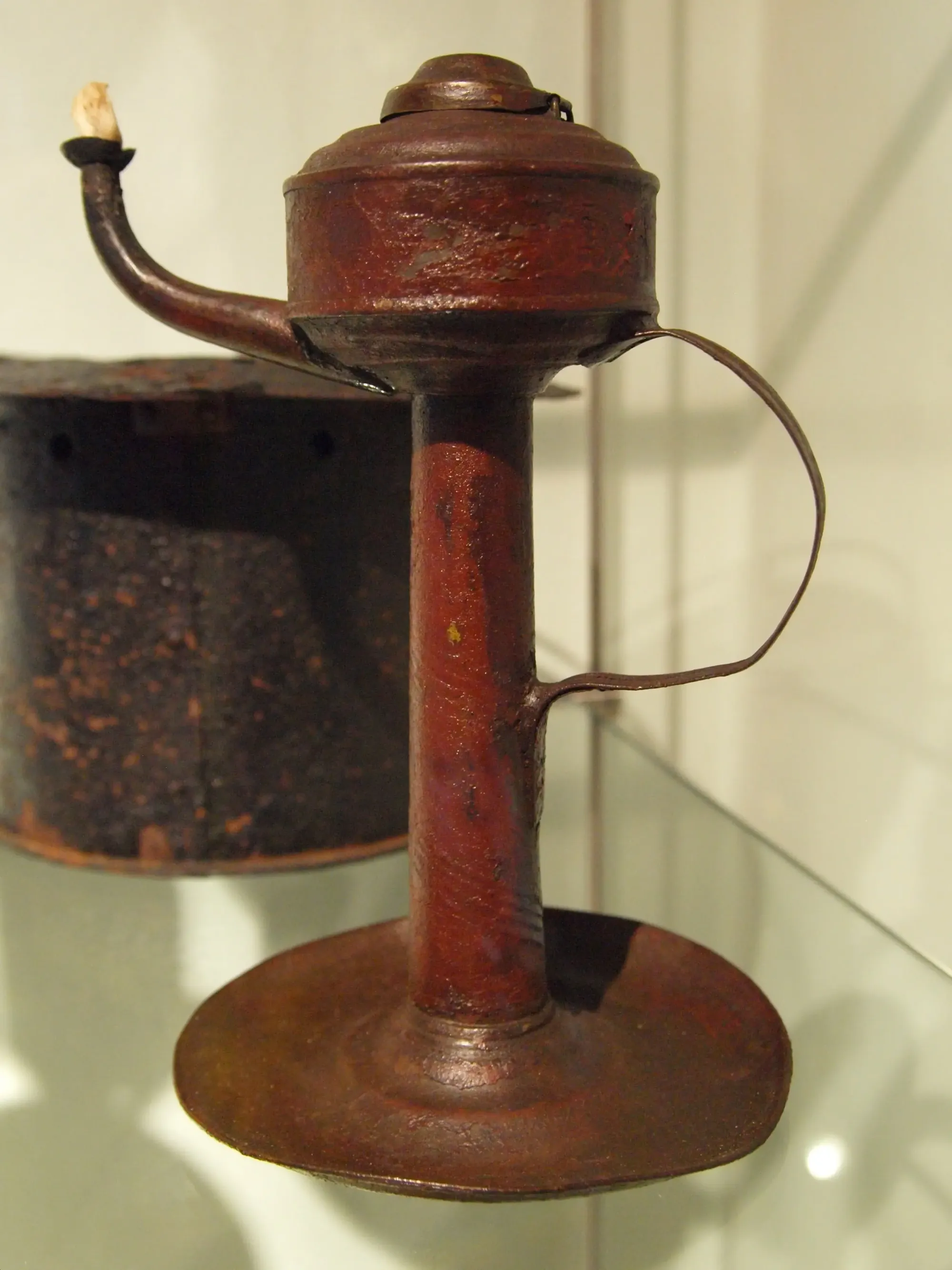
But perhaps we today—like those in the 19th century—just don’t see our equivalent violence because we have become accustomed to it. As Ishmael writes in a devastating paragraph:
But no doubt the first man that ever murdered an ox was regarded as a murderer; perhaps he was hung; and if he had been put on his trial by oxen, he certainly would have been; and he certainly deserved it if any murderer does. Go to the meat-market of a Saturday night and see the crowds of live bipeds staring up at the long rows of dead quadrupeds. Does not that sight take a tooth out of the cannibal’s jaw? Cannibals? who is not a cannibal? I tell you it will be more tolerable for the Fejee that salted down a lean missionary in his cellar against a coming famine; it will be more tolerable for that provident Fejee, I say, in the day of judgment, than for thee, civilized and enlightened gourmand, who nailest geese to the ground and feastest on their bloated livers in thy paté-de-foie-gras.
Just because whaling for oil was new (at the time) we recognize its brutality and overlook the hallowed history of other forms. Some, at the time apparently, thought slaughtering a whale and then using its oil for light was a doubling down on the violence—but as Ishmael points out, this is par for the course.
But Stubb, he eats the whale by its own light, does he? and that is adding insult to injury, is it? Look at your knife-handle, there, my civilized and enlightened gourmand dining off that roast beef, what is that handle made of?—what but the bones of the brother of the very ox you are eating? And what do you pick your teeth with, after devouring that fat goose? With a feather of the same fowl. And with what quill did the Secretary of the Society for the Suppression of Cruelty to Ganders formally indite his circulars? It is only within the last month or two that that society passed a resolution to patronize nothing but steel pens.
The confusing inability to be moral in the modern world—even if we want to—forms a bedrock part of our battered and bruised psyches.
It reminds me of a scene from The Good Place, when the minor deities in charge of entrance to heaven admit that no one has made it there in centuries. Why? Because it’s too hard to do anything in life today without inadvertently wronging others. As the protagonist Eleanor explains, it’s too unfair, too confusing—“There are booby traps everywhere. Like, there’s this chicken sandwich that if you eat it, it means you hate gay people. And it’s delicious!”
What sort of conniving trick is the modern world? Which makes you betray your principles simply by existing? (Like, say, writing a blog post about the degradation of nature and using a computer, which draws on a vast network of enormous energy expenditure, to do it).
The relentless pursuit of oil can stand in, partly at least, for the relentless pursuit of profit. Melville was horrified by the rise of industrial capitalism in the mid-19th century, and much of Moby-Dick revolves around revealing its excesses. In one scene, Fleece—the ship’s cook—is cajoled by second mate Stubb into preaching a sermon to a gang of sharks as they rip and tear through a sperm whale’s carcass. Fleece, ninety years old, appeals to the better angels of their shark nature, sermonizing that there is enough to go around, that such wanton indulgence is a sin, and that the little sharks will not have any food if the big sharks gobble it all up.
“Well done, old Fleece!” Stubb says to him, “that’s Christianity.”
But Fleece calls it quits. “No use goin’ on… [they] don’t hear one word; no use a-preachin’ to such dam g’uttons as you call ’em.”
Such a stark demonstration of Christian principles falling on deaf ears must surely resonate with any minister that’s ever preached a sermon on money-love. That Fleece is black is not a coincidence, either, as he stands in for the African-American church’s historical role as a prophetic voice howling in the wilderness about the rapacity of mammon.
As Sachs notes, Melville dourly wrote in Pierre that “Christianity calls upon all men to renounce this world…yet by all odds the most Mammonish part of this world—Europe and America—are owned by none but professed Christian nations, who glory in the owning.”
For Hegel, modernity's temples, the home of its real gods, were the slaughterhouse and the stock exchange.
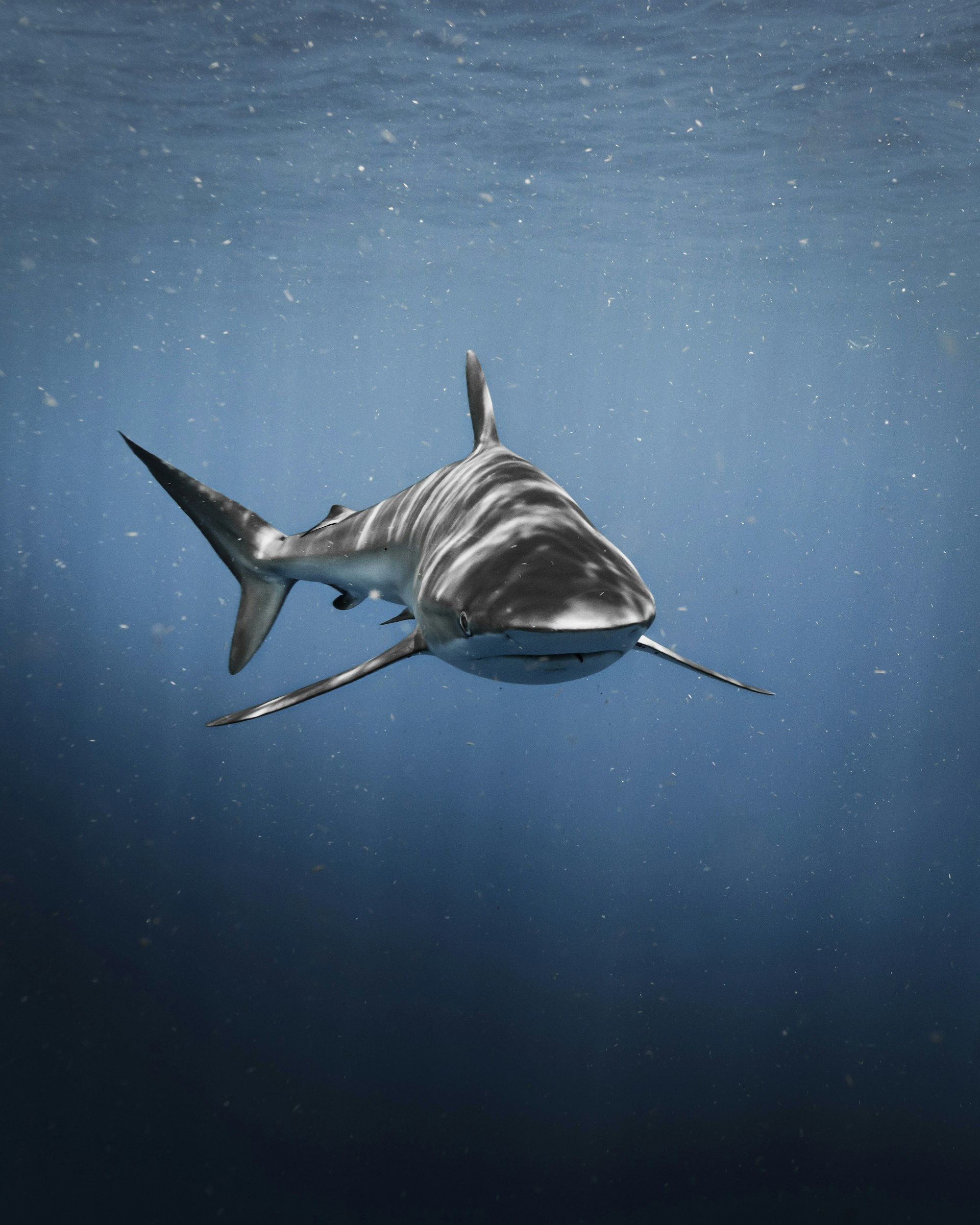
Captain Ahab's Mad Pursuit
At the center of all of this is the most memorable character in the novel: Captain Ahab.
Equal parts tragic hero and fanatical villain, Ahab contains multitudes and himself embodies the fractured multiplicity of modernity. Is he a lonely, Nietzschean champion, setting out to create meaning in the world as a way to fight back against the nihilism of the present? Is he an insane and vicious scoundrel, desiring only vengeance against an animal that does not even know or care he exists, and jeopardizing the lives everyone else in his quest? Is he a capitalist financier seeking filthy lucre above all safety and reason? (Think, after all, of the gold doubloon nailed to the mast as prize for the one who spots the White Whale first). It seems that Ahab is all these things—and more.
According to Sachs, one thing that stood out to Mumford was the way that Ahab—with his determinism, his domineering force of personality, his Shakespearean monopolization of the stage and the ship—turns the Pequod into a machine and the sailors into its cogs.
By the end, the Pequod is a whaling factory—all the men gears, all the wood and hull and masts an engine for seeking profit at the expense of all else. Ahab subsumes everything to his will. “Ye are not other men, but my arms and my legs; and so obey me.”
The mad pursuit of Moby Dick at the expense of reason of and sanity reaches its apex when the ship’s technology fails. Ahab, angry that the quadrant tells him only where he is and not where he will be, smashes it to pieces. The raging typhoon plays havoc with their compasses so they lose sense of direction. Technologies of prudence and safety are dispensed with—all that’s left is the chase, the hunt, the pursuit of profit: the gold doubloon. Like a joint-stock company (in a joint-stock world, as Queequeg thinks), the end is the gold, even if the path there is pure destruction. “In his heart, Ahab had some glimpse of this,” says Ishmael, “namely: all my means are sane, my motive and my object mad.”
Modern bureaucracy, with financial capitalism as its quintessential incarnation, hinges on this divorce of rationality from morality. It is, as David Graeber pointed out in The Utopia of Rules, an inversion of the classic Christian formula. Rationality becomes just a form of technique: how to be as efficient as possible in pursuit of one’s goal, whatever that goal might be. Reason no longer tells what we should want, only how to get it. Its primary purpose is to maximize the efficiency of one’s means, it is not concerned at all with ends (even should the ends be mad).
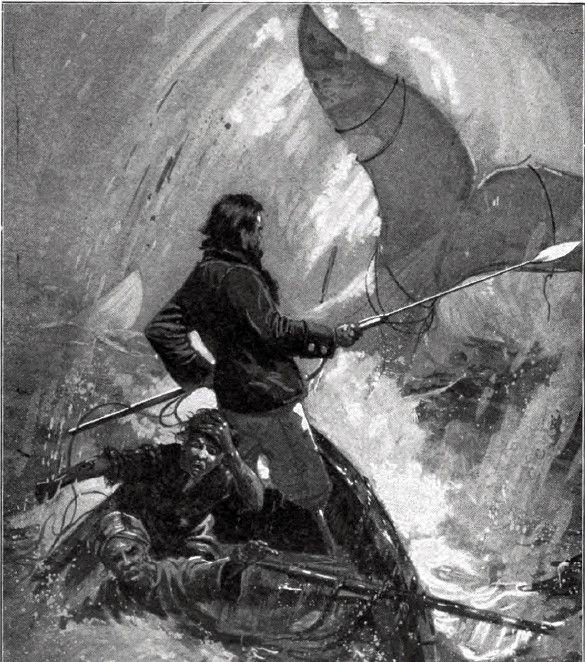
We seemingly do not believe there is an alternative. As Mark Fisher wrote in Capitalist Realism, the real meaning of the titular phrase is that we have arrived at a point in history where (we think) “there is no alternative.” It is capitalism or nothing. And with the growing concerns about the climate and the ecological devastation our economies wreak upon the earth—it is possible that we will get both capitalism and, in the end, nothing.
Nature eventually rebels against this. The situation cannot endure forever. Mumford, chronicles Sachs, worried that we only cared about “man’s exercising control over nature without reference to the kind of control he must exercise over himself.” Our economic polestar—the mad end of endless growth, of the lure and enchantment of mammon himself—blows all other considerations away like chaff before the wind.
The whale remains out there: Moby Dick himself with his open maw and tangled harpoon lines, waiting to swallow hubristic humans who seek to conquer the world in the name of the quarterly earnings report. He might even outlast us. The whale is suited to surviving the ocean’s rise, and in the end the sea is undefeated. “That same ocean rolls now; that same ocean destroyed the wrecked ships of last year,” writes Ishmael, “Yea, foolish mortals, Noah’s flood is not yet subsided; two thirds of the fair world it yet covers.”
Melville was hopeful the whale would survive whaling, and perhaps he’d be hopeful it would survive a warming world. He survived Genesis. “In Noah’s flood he despised Noah’s Ark; and if ever the world is to be again flooded, like the Netherlands, to kill off its rats, then the eternal whale will still survive, and rearing upon the topmost crest of the equatorial flood, spout his frothed defiance to the skies.”
As for the rest of us, we may have to undo Ahab’s equation. Can we change our mad ends to sane ones? As Mumford testified throughout his life, we must prioritize the conduct of our selves over control of nature. There is no alternative.
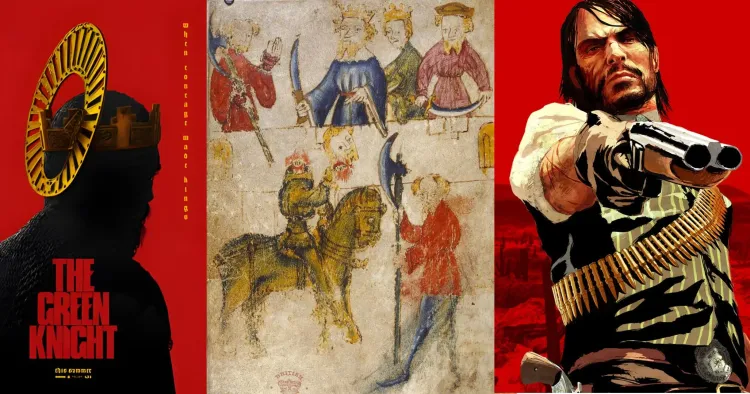


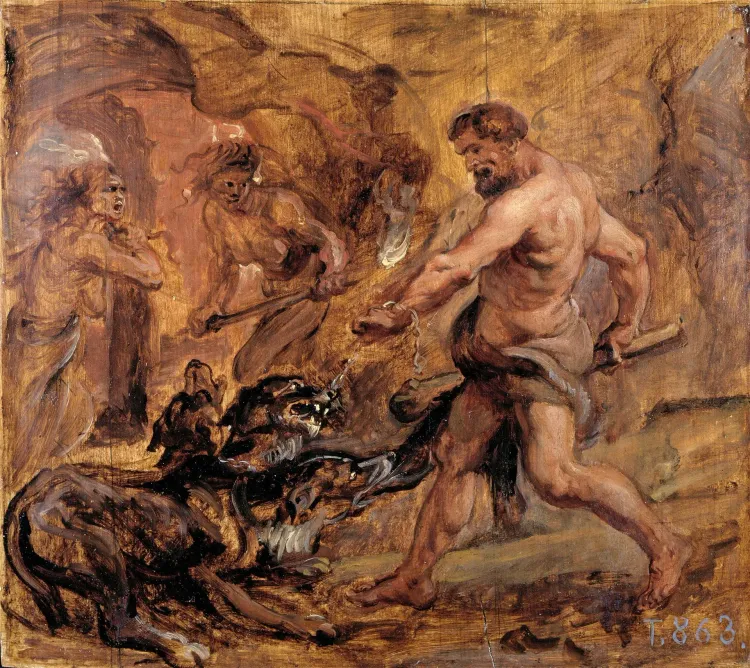

Member discussion